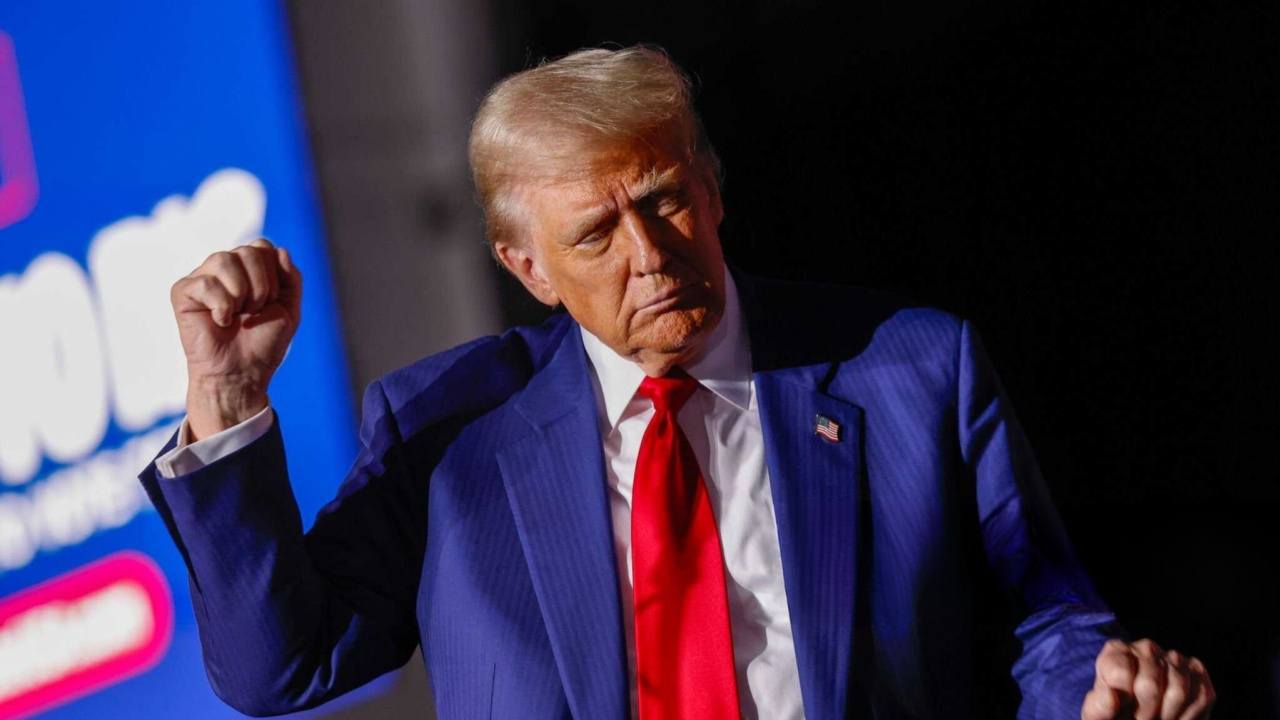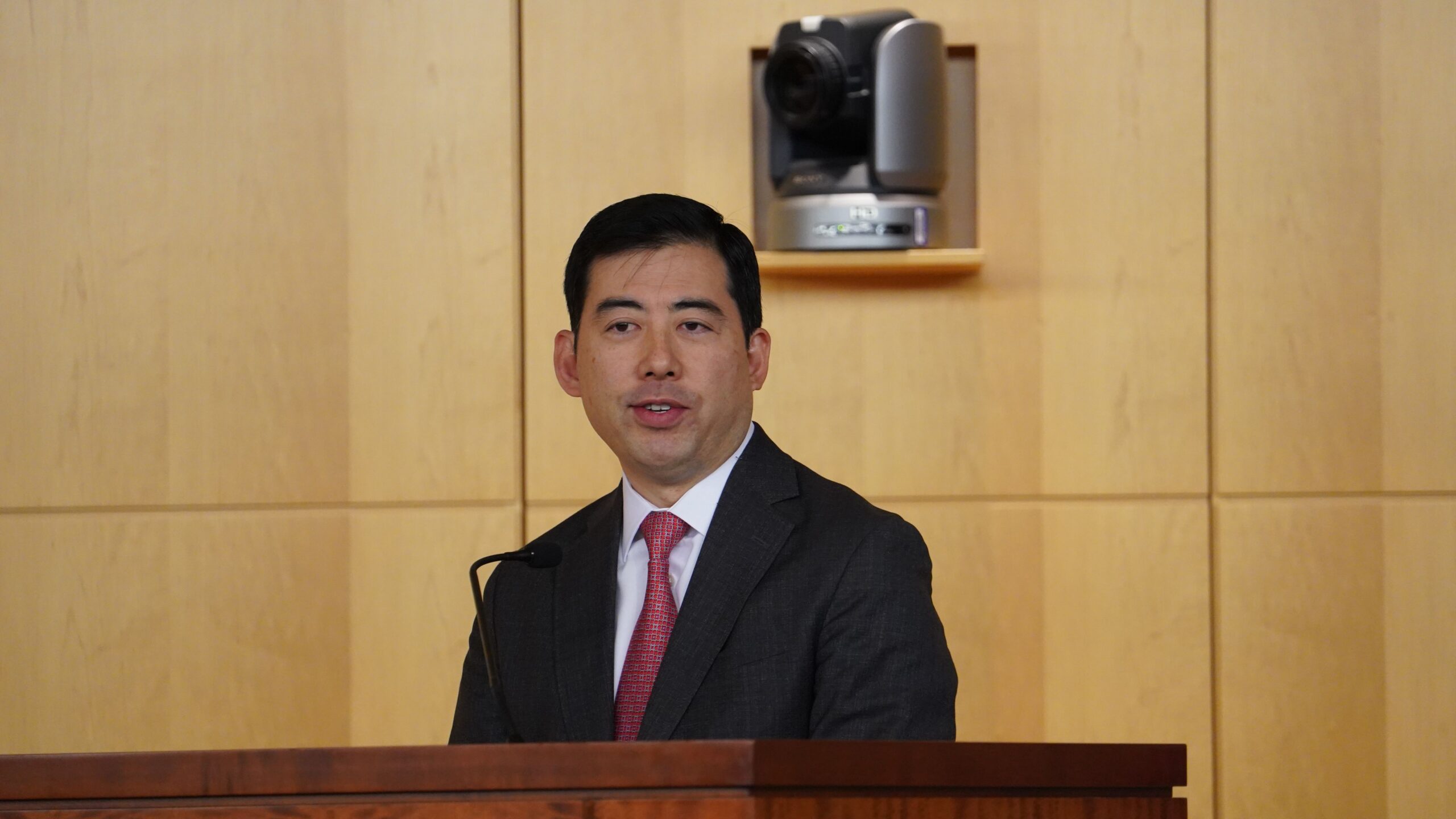Fulfilling a Controversial Promise: President Trump Pardons Silk Road Creator Ross Ulbricht
Recently, President Trump made headlines once again by issuing a full pardon to Ross Ulbricht, the mastermind behind Silk Road, a notorious dark net marketplace. The decision to pardon Ulbricht was met with mixed reactions, with supporters cheering the move while critics raised concerns about the message it sends regarding internet crime and illicit activities.
The Rise and Fall of Silk Road
Silk Road was a groundbreaking online platform that operated on the dark web, offering a wide range of products and services, most notoriously drugs. What set Silk Road apart was its innovative use of cryptocurrency, particularly Bitcoin, as the primary form of payment. This allowed users to make purchases anonymously, attracting a large following of buyers and sellers who sought to evade traditional law enforcement.
However, this cloak of anonymity eventually led to Ulbricht’s downfall. In 2013, he was arrested and charged with a litany of offenses, including money laundering, drug trafficking, and computer hacking. Ulbricht was ultimately sentenced to life in prison without the possibility of parole, serving as a cautionary tale for those who sought to operate in the shadows of the dark web.
A Divisive Decision
President Trump’s decision to pardon Ulbricht has sparked a heated debate among the public and policymakers. Supporters argue that Ulbricht’s sentence was overly harsh, pointing to his lack of prior criminal history and the non-violent nature of his crimes. They also view his case as emblematic of the government’s overreach in prosecuting individuals involved in non-traditional forms of commerce.
On the other hand, critics contend that pardoning Ulbricht sends the wrong message to those engaged in illegal activities online. They argue that it undermines the rule of law and could embolden others to follow in Ulbricht’s footsteps, knowing that they may receive a presidential pardon if caught.
The Ripple Effect
Regardless of where one stands on the issue, it is clear that President Trump’s pardon of Ross Ulbricht will have far-reaching implications. It serves as a stark reminder of the blurred boundaries between technology, crime, and justice in the digital age. It also raises questions about the role of cryptocurrency in facilitating illicit activities and the government’s ability to regulate such transactions.
Impact on Individuals
For individuals operating in the dark web or engaging in illegal activities online, President Trump’s pardon of Ross Ulbricht may be seen as a glimmer of hope. It could signal a shift in the government’s approach to prosecuting cybercrimes and offer some reassurance to those who fear facing harsh penalties for their actions.
Global Ramifications
On a larger scale, the pardon of Ulbricht could have significant implications for the global community. It may prompt other countries to reassess their own policies regarding dark net marketplaces and the use of cryptocurrency. Additionally, it could fuel debates on the balance between individual freedoms and the need for law and order in the digital realm.
Conclusion
As the dust settles on President Trump’s decision to pardon Ross Ulbricht, the debate surrounding the case is far from over. The implications of this move will continue to reverberate through the realms of technology, crime, and governance, raising important questions about the intersection of law and innovation in the digital age. Whether the pardon sets a precedent for future actions or remains an outlier in the annals of presidential history, only time will tell.





